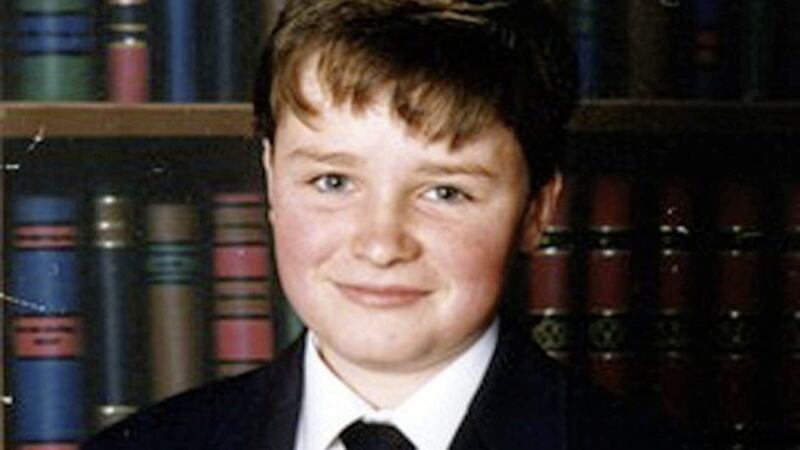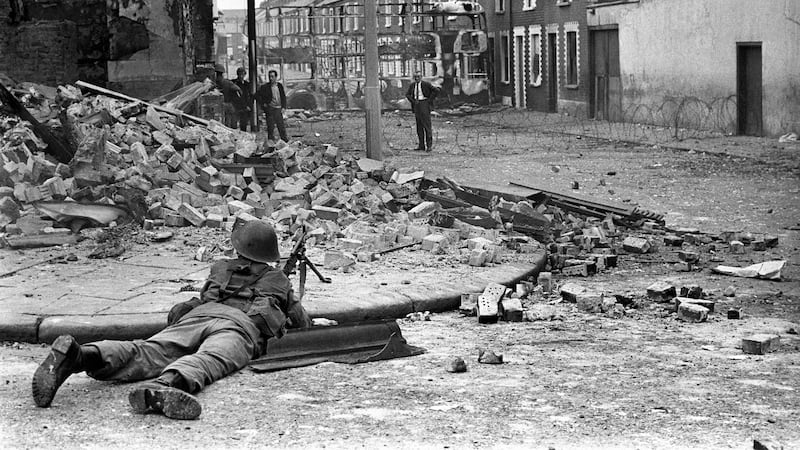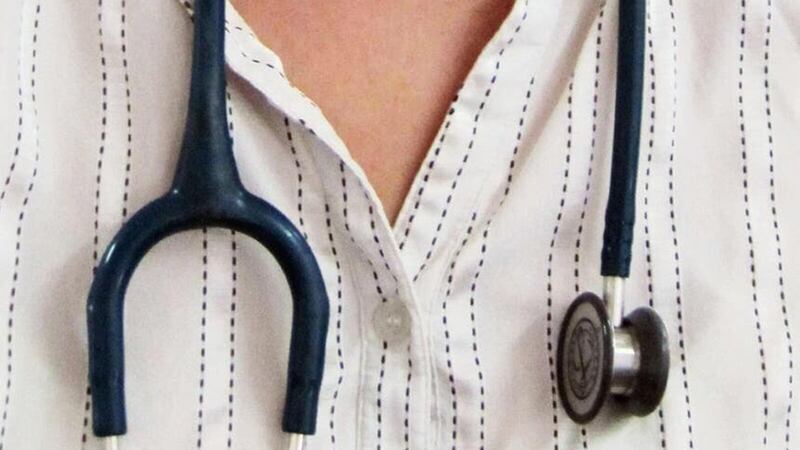THE mother of a Co Down schoolboy who died within days of receiving the combined measles and rubella vaccine has faced "interminable uncertainty and delay" over a second inquest, a High Court judge said today.
Mr Justice McCloskey highlighted Anne Coulter's ongoing seven-year wait since a new hearing was ordered into the death of her son Christopher.
He reiterated his "profound concern" at the lack of progress as her challenge to the extent of legal aid for participation at those proceedings was dismissed.
"This is a conclusion which the court makes with no enthusiasm having regard to the appalling tragedy suffered by Mrs Coulter and the seemingly interminable uncertainty and delay in her interaction with the legal system which have been her lot ever since," the judge said.
Christopher Coulter, from Hillsborough, was aged 15 when he died in December 1994, 10 days after receiving the measles and rubella (MR) vaccine at school.
In 1995 the original inquest found he had died from asphyxiation due to a severe epileptic seizure.
But with no history of epilepsy in the family, his parents believe the vaccine given as part of a national immunisation programme played a part.
In 2012 Northern Ireland's Attorney General, John Larkin QC, ordered a fresh inquest into the teenager's death, describing the case as being of "enormous public importance".
Since then, however, the bereaved parents' wait has continued.
"The court is profoundly concerned by the overall delay in this case," Mr Justice McCloskey said.
"This matter has been hanging over the family for 24 years, a highly disturbing figure."
Earlier in the case he stayed a challenge to a provisional decision by the coroner that an Article 2-type inquest under the European Convention on Human Rights was not appropriate.
Dealing with a separate point on the family having to fund most of the projected costs of legal representation, the judge held that the regulations did not establish any unlawfulness.
But he added: "I can only repeat this court's exhortation, frequently expressed, to the Coroner's Service.
"A sympathetic approach to the issue of costs will, I trust, be possible."





